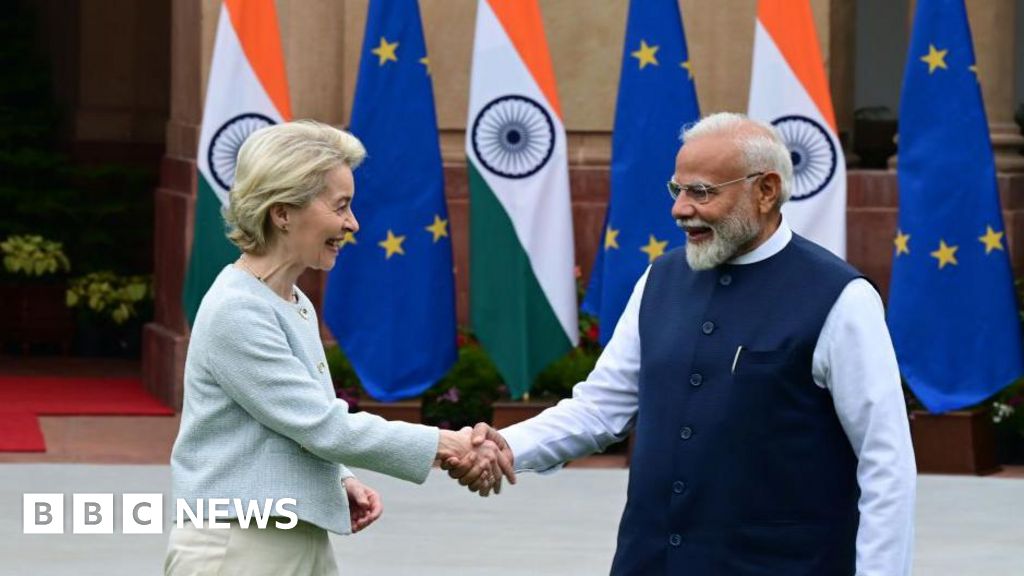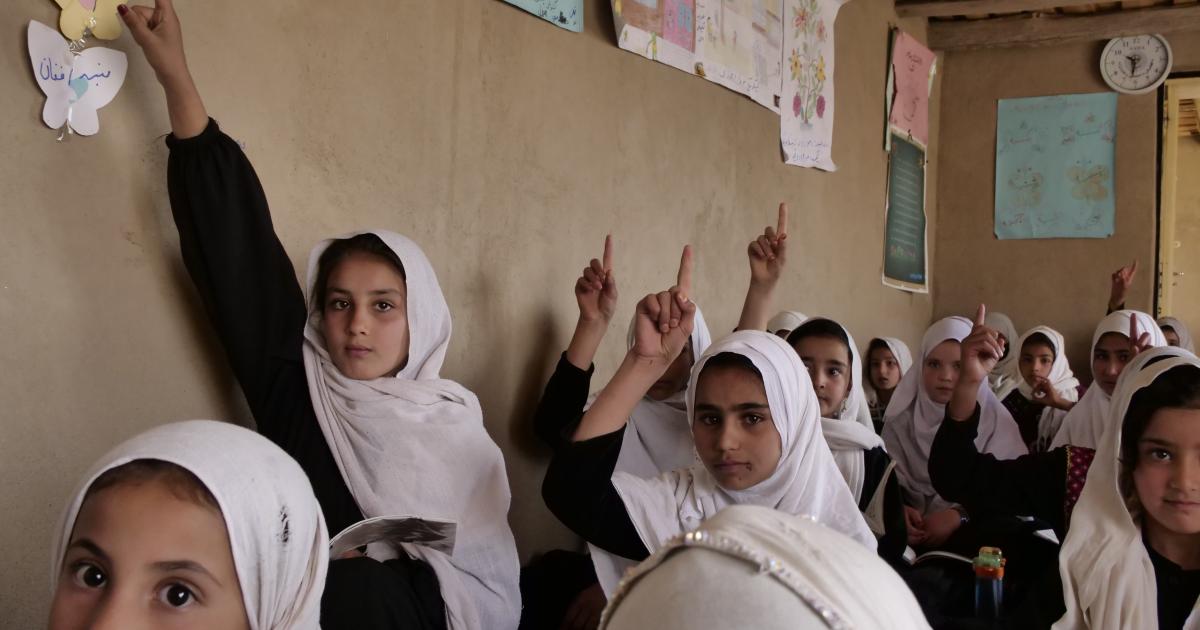For the past three weeks, 24 hours a day, Denmark has been consumed by discussions about whether or not Greenland, a largely self-governing part of the Danish kingdom, will be invaded by the US, the Danes’ closest ally.
“We got a wake-up…

For the past three weeks, 24 hours a day, Denmark has been consumed by discussions about whether or not Greenland, a largely self-governing part of the Danish kingdom, will be invaded by the US, the Danes’ closest ally.
“We got a wake-up…

 Hindustan Times via Getty Images
Hindustan Times via Getty ImagesContinue Reading

Humaira (21) teaches one of these classes in central Afghanistan, where she lives with her family of nine.
‘Education shapes who we are and how we see the world. Before, I thought our village was the centre of…